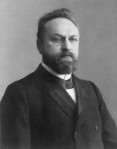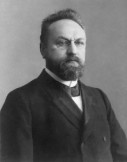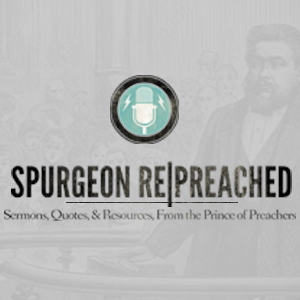Particular grace deals with the individual, the person to be saved, with the individual entering glory. And with this individual, as child of God, we cannot wrap the golden chain of redemption around his soul unless that golden chain descends from personal, sovereign election.
For that reason, the almighty sovereignty of God, who elects whom he will and rejects those to whom he does not show mercy, remains the heart of the church, the cor ecclesiae, which the Reformed churches must hold firmly until the return of the Lord. The consequence of forsaking this truth would be their vanishing from the earth, even prior to the Maranatha. This doctrine is and remains, therefore, the heart of our confession. This is the testimony that, on the authority of God’s Word, sealed by our personal experience, we shout aloud for all to hear: grace is particular.
Nevertheless, that same child of God is something other than an isolated individual limited to himself. This individual is also part of a community, member of a body, participant in a group identity, enclosed within an organism. The doctrine of the covenant emphasizes and does justice to this truth.
Without the doctrine of the covenant, the doctrine of election is mutilated, and the frightening lack of the assurance of faith is the valid punishment resulting from this mutilation of the truth. If separated from the confession of the covenant, election in isolation attempts to take hold of the Holy Spirit without honoring God the Son. The Third Person in the Trinity does not allow that violation of the honor of the Second Person. Christ himself testified that the Holy Spirit “will take what is mine and declare it to you” [John 16:14]. Anyone who presumes to trample upon this divine ordinance will not escape the severe anguish with which this unshakeable ordinance wreaks its misery of soul.
Therefore, in Holy Scripture this sovereign, personal election never appears in any other manner but within the context of covenant grace. The individual, this single soul, must experience being incorporated into the community of the saints. We are elected personally, but together we are branches of the one Vine, members of the same body. For that reason, the confession of particular, personal grace is untrue and unscriptural unless it arises within the context of the covenant.
However, this is not the end of the matter.
The divine covenant in the Mediator in turn has its background in the work of original creation, in the existence of the world, and in the life of our human race. As individuals God’s children belong to the community of the saints. But that community of saints also consists of the children of men, born of a woman by the will of man. Consequently they are interwoven and interconnected with all of human living that originated in paradise and continues in its misshapen form even after humanity’s fall from God.
Neither our election nor our attachment to the community of saints negates our common humanity, nor removes our participation in the life of family, homeland, or world.
Therefore, we need to consider not two, but three aspects: first, our personal life; second, our incorporation into the body of Christ; and third, our existence as human beings (that is, our origin by human birth, our membership in the human race).
~Abraham Kuyper~
Common Grace, Volume 1: God’s Gifts for a Fallen World: The Historical Section. Edited by Jordan J. Ballor, Melvin Flikkema, and Stephen J. Grail. Translated by Nelson D. Kloosterman and Ed M. van der Maas. Abraham Kuyper Collected Works in Public Theology (Bellingham, WA: Lexham Press; Acton Institute, 2015), 2-3.
The Works of Abraham Kuyper on Logos Bible Software
Abraham Kuyper’s Collected Works in Public Theology (12 Vols) at Lexham Press















